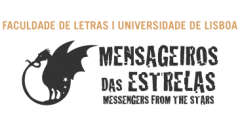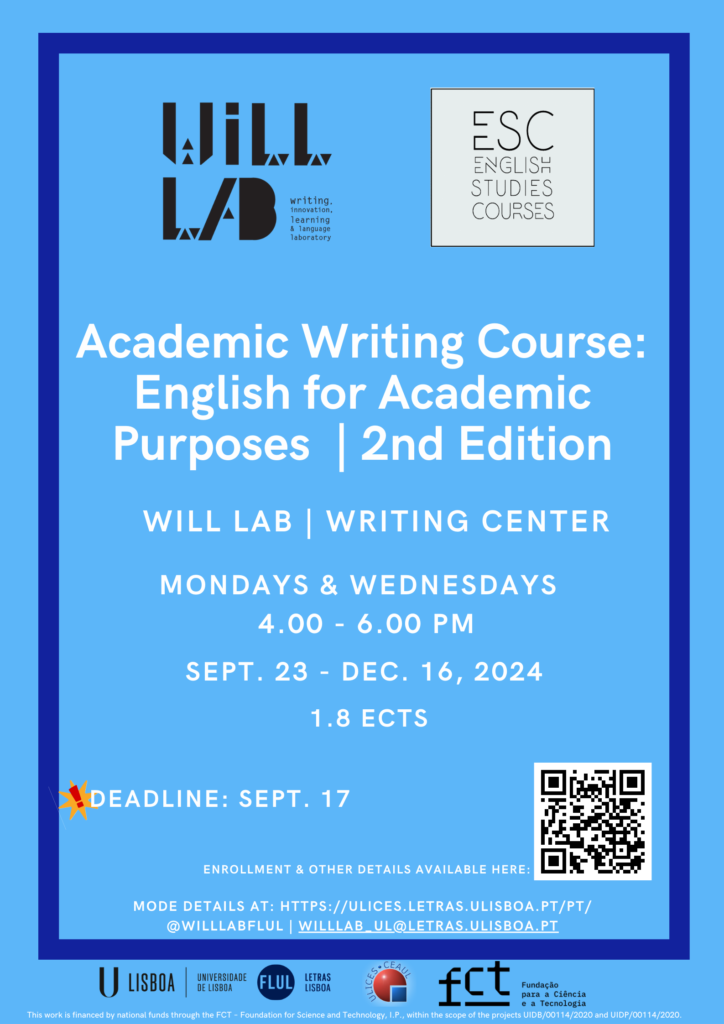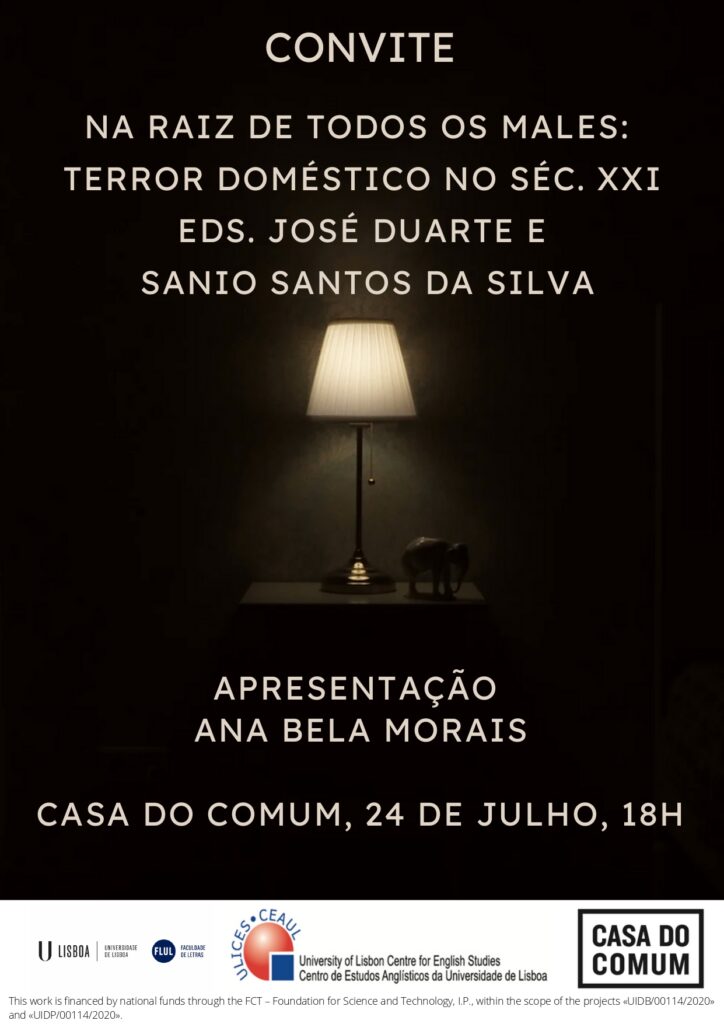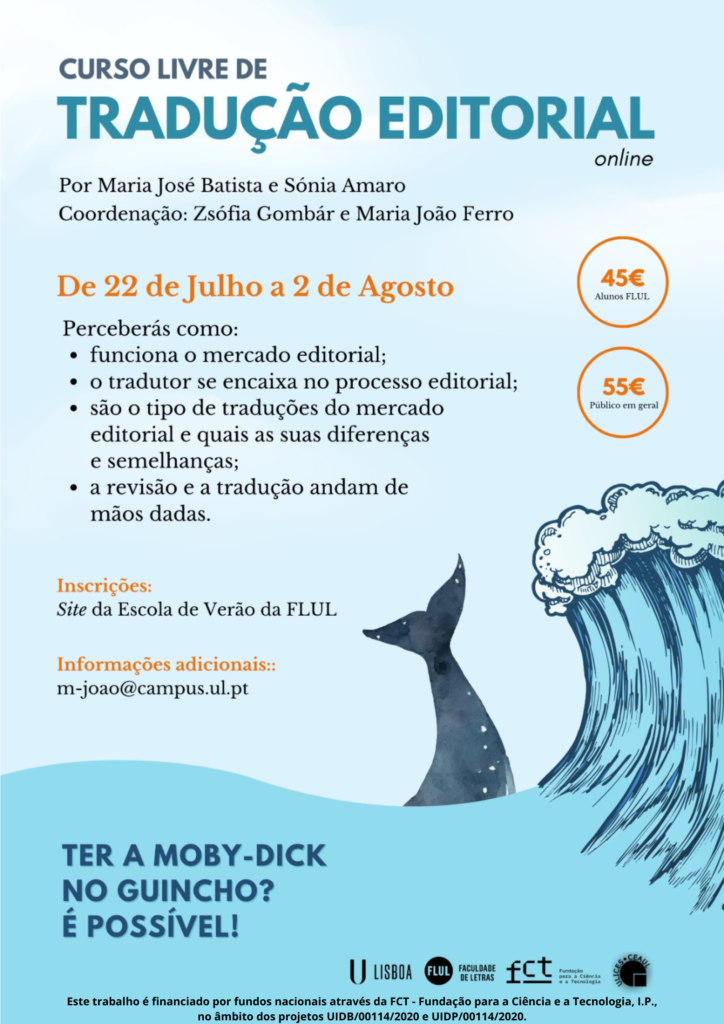Call for Papers
Messengers from the Stars: On Science Fiction and Fantasy
No. 8, 2025

itors: Diana Marques & Ana Rita Martins
Messengers from the Stars is an international, peer-reviewed, open-access journal, offering academic articles, reviews, and providing an outlet for a wide range of creative work inspired by science fiction and fantasy. The 2025 issue will be dedicated to the following theme:
‘Getting Medieval’: Fantasy and the Middle Ages
Traditionally distinguished by the presence of supernatural or magical elements, otherworldly settings, epic quests and archetypal characters, Fantasy fiction has been an incredibly popular genre since its inception. Indeed, as highlighted by scholars like John Clute, much of world fiction “has been described, at one time or another, as fantasy” (337). Although Fantasy is sometimes perceived as a form of escapism and at other times as a legitimate fictional realm with its own internal logic, the influence of the Middle Ages has remained a constant element in the construction of Fantasy worlds. From the use of folklore, myths, medieval legends and sagas, different contemporary authors look to the past as a source of inspiration, adapting, transforming and rewriting narratives to not only suit contemporary tastes and ideals but also to mirror present-day anxieties and fears. The works of J. R. R. Tolkien, George R. R. Martin, Robin Hobb, Joe Abercrombie, Marion Zimmer Bradley or Juliet Marillier, among others, are good examples of how the Middle Ages have served to fire the imagination.
Bearing this in mind and acknowledging that Fantasy continues to expand and develop, offering a diverse array of narratives as well as endless possibilities for storytelling and creative exploration, in this number we are especially interested in how Fantasy fiction uses the medieval past to create storylines that resonate with contemporary audiences across geographic, linguistic, cultural and political boundaries. We consider Fantasy in broader terms, including literature, cinema, television, comics/graphic novels, video games, music, etc., and are especially interested in submissions that expand the fields of knowledge and landscapes represented in the journal.
Possible topics may include, but are not limited to:
- Arthuriana in Fantasy;
- Female Agency in Medieval Fantasy;
- Fantasy and the Global Middle Ages;
- Heroism and Monstrosity in Fantasy;
- Medieval Emotions in the Fantasy Genre;
- Medieval Spaces and Places in Fantasy;
- Medievalism, Neomedievalism and Fantasy;
- (Mis)Perceptions of the “Medieval” and the “Middle Ages” in Works of Fantasy;
- Which Middle Ages is it? – Identity in Fantasy.
Submissions, between 4000 and 6000 words in English, must be sent to mfts.journal@gmail.com by February 3, 2025. The authors will be notified by the end of March, 2025.
In addition, you can propose a book or film review. We welcome book and film reviews on current science fiction and fantasy research and PhD dissertations. Reviews should be between 500 to 1,000 words. Longer reviews, e.g. dealing with more than one book, must be agreed upon with the Editorial Board.
Books available for review:
Carroll, Jordan S. Speculative Whiteness: Science Fiction and the Alt-Right. University of Minnesota Press, 2024. ISBN 978-1-5179-1708-1.
Lapoujade, David. Worlds Built to Fall Apart: Versions of Philip K. Dick. Trans. by Erik Beranek. University of Minnesota Press, 2024. ISBN 978-1-5179-1461-5.
If you wish to review a title which is not in the list, then please email the Editors directly with your suggestion, as we do consider all requests for recent and forthcoming titles, especially from publishers already listed. If the book or film you wish to review is more than 3 years old, then you would need to demonstrate its significance to its field for it to be considered.
All submissions must follow the journal’s guidelines available here.


















